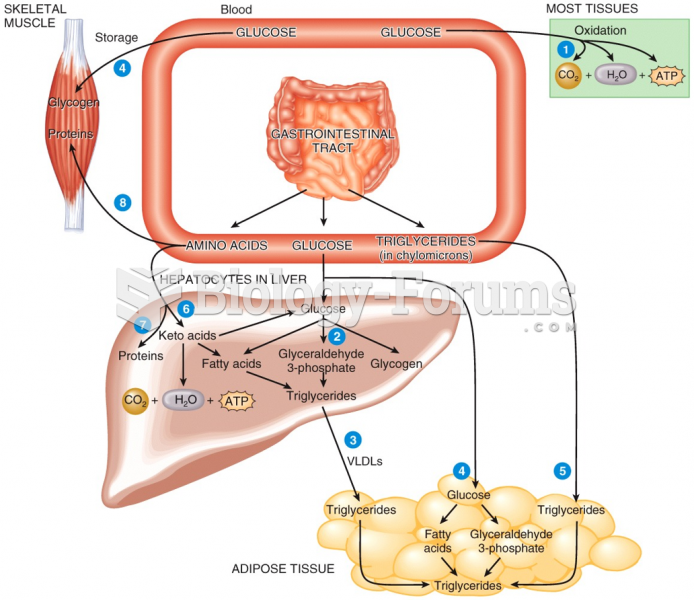Answer to Question 1The density of fish tissue is typically greater than that of the surrounding water, so fishes will
sink unless their weight is offset by propulsive forces or by buoyant gas- or fat-filled
bladders. Cartilaginous fishes have no swim bladders and must work continuously to
maintain their position in the water column. Sharks generate lift with a high tail and fins that
act like airplane wings. Their lighter cartilaginous skeletons and large, oily livers also help to
reduce their overall density. In contrast, bony fishes that appear to hover motionless in the
water usually have well-developed swim bladders just below their spinal columns. The
volume of gas in these structures provides enough buoyancy to offset the animals weight.
The quantity of gas is controlled by secretion and absorption of gas from the blood, and by
muscular contraction of the swim bladder to compensate for temporary changes in depth.
Answer to Question 2(1) Their streamlined body shape with limbs adapted for swimming makes an aquatic
lifestyle possible. Drag is reduced by a slippery skin or hair covering.
(2) They generate internal body heat from a high metabolic rate and conserve this heat with
layers of insulating fat and, in some cases, fur. Their large size gives them a favorable
surface-to-volume ratio; with less surface area per unit of volume, they lose less heat through
the skin.
(3) The respiratory system is modified to collect and retain large quantities of oxygen. The
biochemistry of blood and muscle is optimized for the retention of oxygen during deep,
prolonged dives.
(4) A number of osmotic adaptations free marine mammals from any requirement for
freshwater. Minimal intake of seawater, coupled with the ability of their kidneys to excrete a
concentrated and highly saline urine, permit them to meet their water needs with the
metabolic water derived from the oxidation of food.






